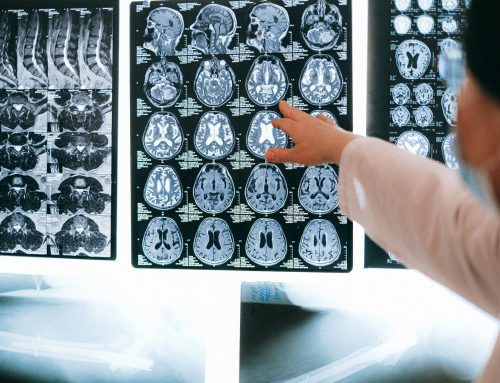Psychological Evaluations:
Far more people seek therapy than psychological testing. Most issues can be addressed sufficiently by participating in therapy, and in some cases, taking medication. However, there are several occasions when the need for testing can arise. Some emotional issues are more “straightforward,” such as depression following the loss of a job or a relationship. Other emotional issues can be more complicated, such as when multiple emotional issues are present or when a person has a lengthy mental health and/or trauma history. In these situations, psychological testing can be helpful in wading through the issues present to identify exactly what is going on and how to be most successful in treatment. Because of this, testing can be very helpful when a person has been in therapy for a long time but doesn’t progress, or when someone has seen multiple therapists and been given different answers about what is going on.
Psychological testing can also be useful for a person who has difficulty describing his or her feelings or opening up to a therapist. For this reason, psychological testing can be particularly helpful with adolescents who struggle with communicating or connecting with a therapist. Additionally, emotional issues can present differently in adolescents than in adults, and many parents find it challenging to figure out what is happening with their child. Basically, psychological testing is the best resource when there is confusion or complexity around emotional issues in both teens and adults.
Psychoeducational Evaluations:
As mentioned in previous blogs, “psychoeducational” is a fancy word for testing that examines a person’s cognitive, intellectual, and academic abilities. These evaluations are used to identify learning disorders and ADHD, measure a person’s IQ, and/or provide evidence for the need for accommodations. The ideal time to pursue psychoeducational evaluations is during childhood, typically during mid-elementary school when students have had enough time to learn the fundamentals of reading, writing, and math but are lagging behind their peers. By testing early, children have the opportunity to participate in tutoring and remediation to prevent them from falling further behind and struggling unnecessarily. Typically, parents learn about their child’s academic struggles from their teachers, but many parents also notice signs at home, such as a child’s resistance to school or homework, dislike of reading or slowness to take to reading, or difficulties focusing or sitting still.
Another time when psychoeducational testing is needed is when a child or adult student needs accommodations in school or on standardized testing, such as the ACT or GRE. Schools and testing organizations typically require documentation from a qualified professional using certain tests and report content. Receiving accommodations can help students with learning disabilities have similar opportunities as other students and allow them to perform at their level without being restricted by their slower processing speed or reading challenges, for example.






